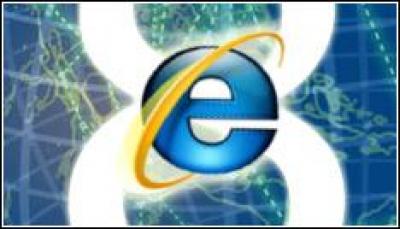Microsoft Prepares For Summer IE8 Enterprise Push

Microsoft will push Internet Explorer 8 out to the enterprise in August as part of its Windows Server Update Services
Microsoft plans to push Internet Explorer 8 (IE8), the newest version of its web browser, into the enterprise on 25 August, as part of its Windows Server Update Services (WSUS).
IE8 will be installed automatically on supported enterprise computers running Internet Explorer 6 and 7, “if your organisation uses WSUS and has it configured to auto-approve Update rollup packages,” Eric Hebenstreit, lead programme manager for Internet Explorer, wrote in a 29 June post on the IE blog.
The automatic installation also hinges on the WSUS administrator accepting the IE8 End User License Agreement (EULA). The update will include all languages currently supported by the latest browser version.
In order to control the deployment of the browser throughout an enterprise before 25 August, administrators can turn off the “update rollup” packages in WSUS and approve the updates manually. After that time, administrators will have to synchronise the WSUS server and decline the IE8 update packages. Of course, automatic approval for update rollup can be re-enabled.
WSUS will also become the channel for cumulative security updates for IE8.
Market share for IE8 has been growing, with the browser occupying about 15.4 percent of the market, according to a recent report by StatCounter. This represents almost a doubling of IE8’s share in May, when the browser possessed about 8.5 percent of the market. That, along with a rise in the number of people using Mozilla Firefox, has meant a decline in share for IE6 and 7.
IE has continued to dominate the enterprise market, with Microsoft’s total share hovering at 78.0 percent at the end of 2008, primarily due to IE6 and 7. Firefox made slight gains in the latter half of that year, with its enterprise market share increasing from 16.9 to 18.2 percent, outpacing the growth rates for Google Chrome and Apple Safari.
A recent review by eWEEK Labs found that IE8 had usability, security and stability advantages over IE7. Certain features such as tab management have been refined, with new elements such as colour coding, and a host of new accelerators for accessing advanced functionality. New security elements have been created to block scripting attacks and rogue data execution, and to generally make the browser more secure.